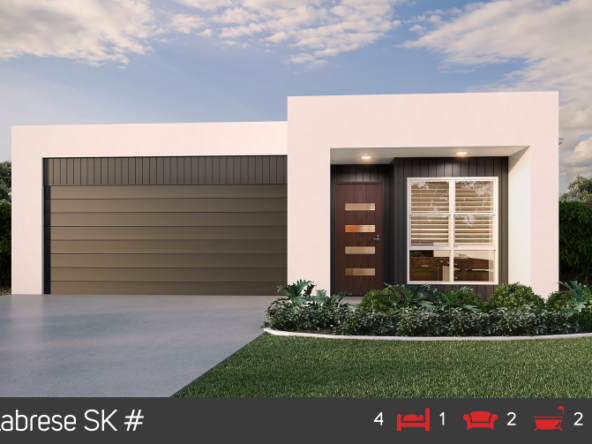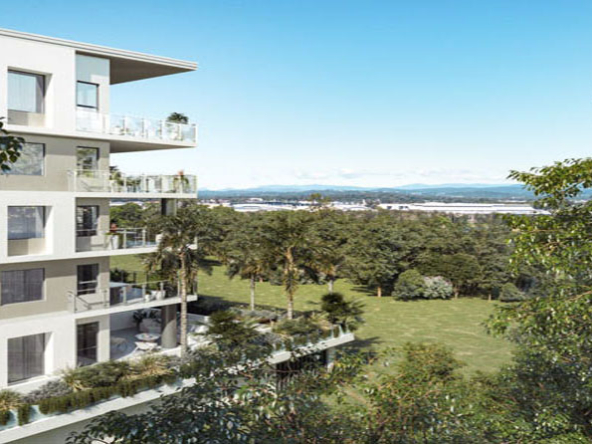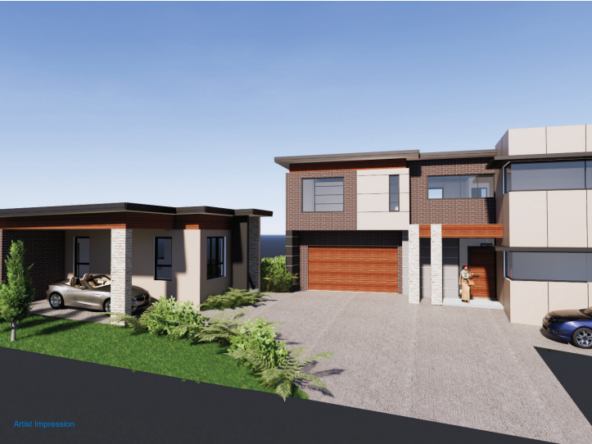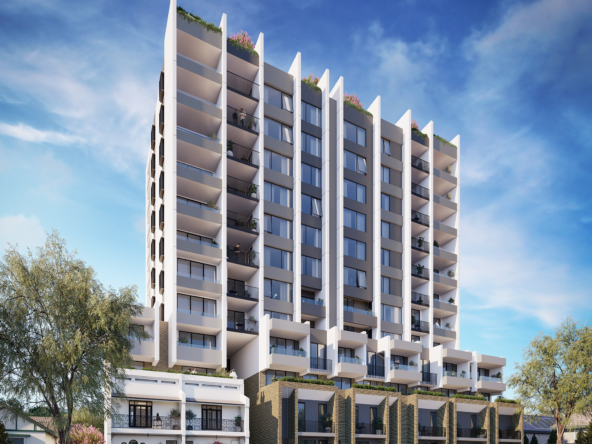Property investment is one of the promising options you can turn to for good returns, especially in the Australian market. Build your investment property portfolio and discover new avenues for expanding your wealth. On the other hand, property investment is a long-term commitment and is not suitable for everyone. The following guide helps you find some of the proven tricks to prepare effectively for purchasing investment properties.
Benefits and Risks of Investment Properties
Are you trying to look for the best opportunities in the Australian property market right now? The demand for rental properties is growing substantially and Australia is more likely to experience population growth. Therefore, you can look up to investment properties as a favorable choice for long-term investment with comparative safety. As a reliable and tangible asset, investment properties can ensure financial gains alongside earning rent revenue.
On the other hand, you are more likely to run into risks such as lack of liquidity on physical properties. Similarly, the lower rental income in comparison to expectations could affect your calculations about the desired returns on investment. Therefore, you must take on the burden of many considerations before choosing a particular investment property.
Practical Concerns in Purchasing Investment Property
The decision to buy an investment property would depend on multiple issues, which can guide you to the right strategy. One of the foremost concerns in buying investment properties would refer to the implications of financial planning. Here are the important concerns you must address before rounding up on a specific investment property.
- The primary goals behind purchasing the investment property.
- Relevance of the property for long-term financial plan.
- Type of investment property you want to purchase.
- Choice between house and apartment units.
- Decision between rental property and purchasing new property for increasing value.
- Interest rates and types of financing available for the property.
Investors have to worry about different types of costs from the practical perspective before investing in a particular property. For example, purchase costs, property management fees, council rates, deposit and repairs and maintenance cost. Some of the other costs might include land tax, cost of pest control, accountant fees and renovation expenses.
Conclusion
The decision to put your money in an investment property might not be easy. However, you can arrive on some pragmatic investment decisions through consultation with experts with years of experience in the Australian property market. With the eye for right details, you can also try your skills and luck with investment properties right now.












